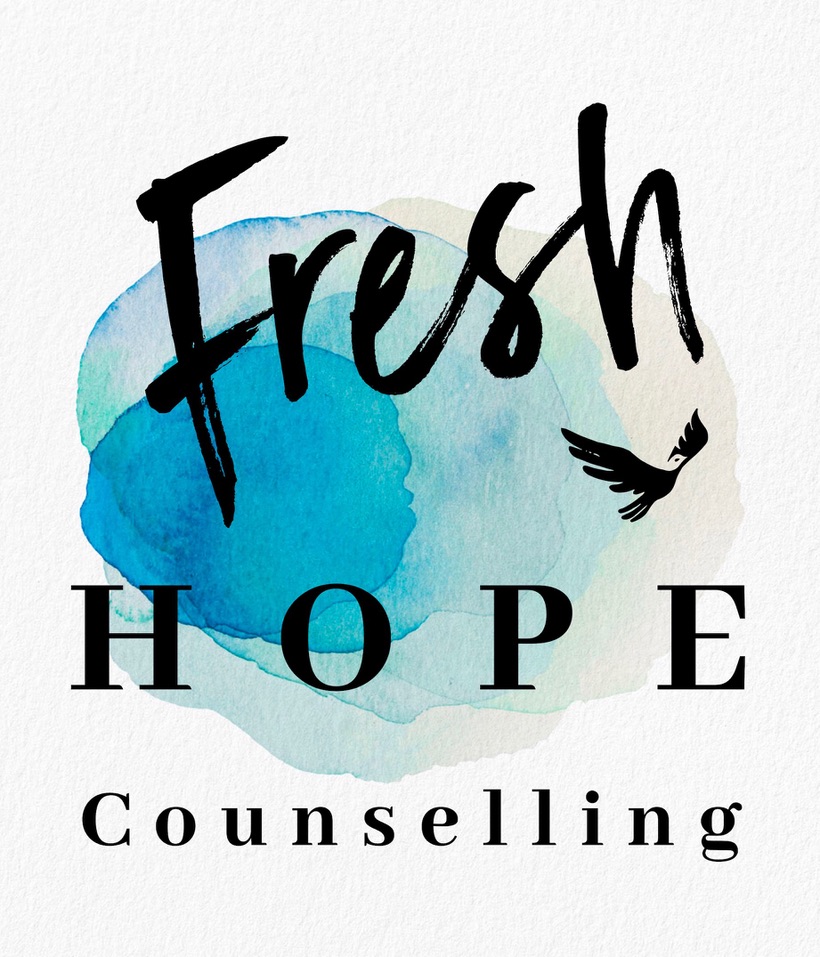Anxiety is a feeling of worry, tenseness, or fear, particularly related to things which we think may happen in the future. It is something most people will experience during their lifetime, but it can become a problem mentally when it impacts a person’s ability to function and have a good quality of life.

During COVID, anxiety levels increased to just over 25% of the population. Since then, levels have decreased but not to pre-COVID levels (18%) — averaging now around 22%.
Although everyone experiences anxiety or fear as an emotion, it can lead to problems when fear breeds panic or anxiety attacks. Here are a few ways to reduce anxiety and manage it more effectively.
- Breathe! Controlling your breathing is very helpful when anxiety is building. We tend to do rapid, shallow breathing when we are getting distressed. Take slow, deep breaths in through the nose, hold for a few seconds, and release slowly through the mouth — as if you are going to whistle. Breath control helps the nervous system to regulate itself and know that you are not in danger.
- Experiment with what relaxes you. Figure out multiple ways to spur relaxation in yourself. You may direct your mind into the sensory side of your brain. Notice what you are seeing,

hearing, smelling, and touching. Describe it in detail to yourself. You may find that going for a leisurely walk, talking to a friend, sitting in the sunshine, or petting an animal helps to relax you.
- Take control of your thoughts and learn how to manage your anxious thoughts. You might even start by identifying it as “that’s just anxiety.” De-personalize it as in “it’s just anxiety,” not “my anxiety.” Reinforce what you know for sure and get facts so that you are not getting swept away by the unknowns and fear-based thinking. Is it a rational fear or an irrational one? In other words, is it likely to happen or highly unlikely?
- No what-iffing! Stay in the present — in the now. No jumping ahead and swimming around outside of reality. “But what if…” IF that happens, THEN deal with it. Running a bunch of scenarios through your mind that may or may not ever happen, and thereby terrifying yourself (and your amygdala, the part of the brain that activates “fight or flight”) is not helpful.
- Talk to someone you know who cares about you. Hearing their voice is way more helpful than texting back and forth. There is
something in another person’s nervous system that actually helps our nervous system to regulate. It’s called co-regulation and is very helpful for managing anxiety.
- Do some grounding. This can be through listening to music or doing something else that soothes you. Tap into your senses and creativity — music, gardening, or art. It can also be very helpful to do progressive muscle relaxation and release. Simply work your way through your body, muscle group by muscle group — contracting and holding, then releasing. This may also help you to become more aware of where your body tends to hold on to tension.


